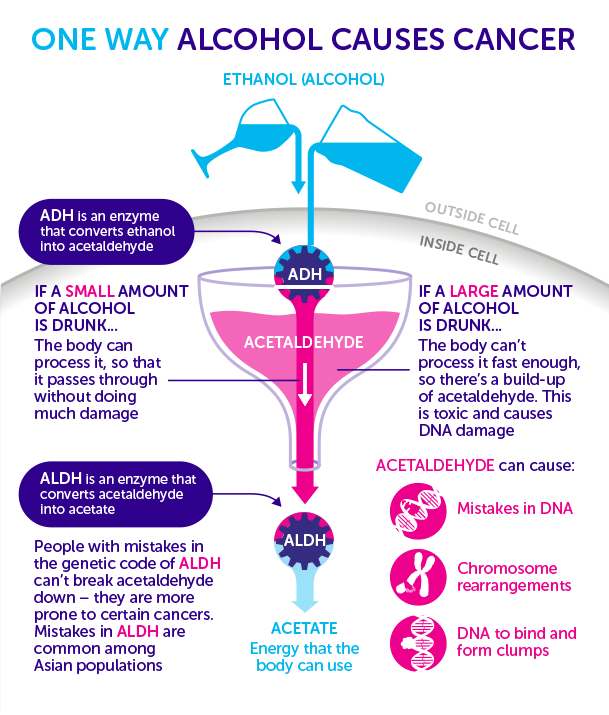Ever wondered why some people can handle their alcohol better than others? Uncover the secrets of alcohol metabolism in this blog!

Image courtesy of fauxels via Pexels
Table of Contents
Welcome to our comprehensive blog post that delves deep into the intriguing question of how many beers it takes to get drunk. In order to answer this question, we must first understand the complex process of alcohol metabolism in the human body and the various factors that influence intoxication levels.
Alcohol Metabolism
Alcohol metabolism is a fascinating biological process that occurs in the liver. When we consume alcohol, it is absorbed into the bloodstream through the stomach and small intestine. From there, it travels to the liver where enzymes, primarily alcohol dehydrogenase, begin to break it down.
Alcohol is converted into acetaldehyde, a highly toxic substance, and then further broken down into acetate by the enzyme aldehyde dehydrogenase. Finally, acetate is converted into carbon dioxide and water, which are then eliminated from the body through breathing, urine, and sweat.
The rate at which alcohol is metabolized varies from person to person and can be influenced by factors such as age, gender, weight, and overall liver health. Additionally, different types of alcohol, such as beer, wine, and spirits, may be metabolized at different rates due to their alcohol content and other ingredients.
Individual Tolerance Levels
Individual tolerance levels play a significant role in determining how many beers it takes for someone to get drunk. Tolerance refers to the body’s ability to handle and process alcohol efficiently over time. Some people may have a high tolerance and require more drinks to feel intoxicated, while others may have a low tolerance and feel the effects of alcohol much faster.
Factors that influence tolerance levels include genetic predisposition, liver efficiency, frequency of alcohol consumption, and overall health. For example, individuals with a family history of alcoholism may have a lower tolerance to alcohol due to genetic factors.
It’s important to note that building tolerance to alcohol can be dangerous, as it can lead to increased alcohol consumption and potential health risks. It is always advisable to drink responsibly and be aware of your own tolerance levels to avoid alcohol-related harm.
Factors Influencing Intoxication
Several external and internal factors can impact how drunk someone gets after consuming alcohol. One of the most significant factors is food consumption. Eating a meal before drinking can slow down the absorption of alcohol into the bloodstream, reducing the likelihood of feeling drunk quickly.

Image courtesy of blog.dana-farber.org via Google Images
Hydration is another important factor to consider. Drinking water between alcoholic beverages can help prevent dehydration and lessen the effects of alcohol on the body. Additionally, mixing alcohol with other substances, such as energy drinks or medications, can increase intoxication levels and pose serious health risks.
Psychological factors also play a role in intoxication levels. Mood, stress levels, and mindset can all affect how someone perceives their level of intoxication. It’s essential to be mindful of your mental state when drinking and to seek help if you feel overwhelmed or unable to control your alcohol consumption.
Conclusion
In conclusion, the question of how many beers it takes to get drunk is a complex one that depends on a variety of factors, including alcohol metabolism, individual tolerance levels, and external influences. Understanding the science behind alcohol metabolism can help us make more informed decisions about our drinking habits and prioritize responsible consumption.
Remember, knowing your limits and drinking in moderation are key to enjoying alcohol safely and reducing the risk of alcohol-related harm. By being aware of the factors that influence intoxication, we can make better choices for our health and well-being when it comes to alcohol consumption.
So, the next time you reach for that beer, take a moment to consider how your body processes alcohol and how it may affect your level of intoxication. Cheers to responsible drinking and staying informed!
Frequently Asked Questions
How does alcohol metabolism vary between individuals?
Alcohol metabolism depends on factors like age, gender, weight, genetics, and liver health. Some may have enzymes that break down alcohol faster, leading to higher tolerance levels.
Can eating before drinking alcohol prevent intoxication?
Yes, having a meal before consuming alcohol can slow down the absorption process, delaying the effects of intoxication.
How does hydration impact alcohol intoxication?
Staying hydrated while drinking alcohol can help prevent dehydration and reduce the effects of alcohol on the body.
What role do psychological factors play in intoxication levels?
Mood, stress levels, and mindset can influence how intoxicated someone feels. Being in a positive mental state can help regulate alcohol consumption and perception of intoxication.
Generated by Texta.ai Blog Automation
Leave a Reply